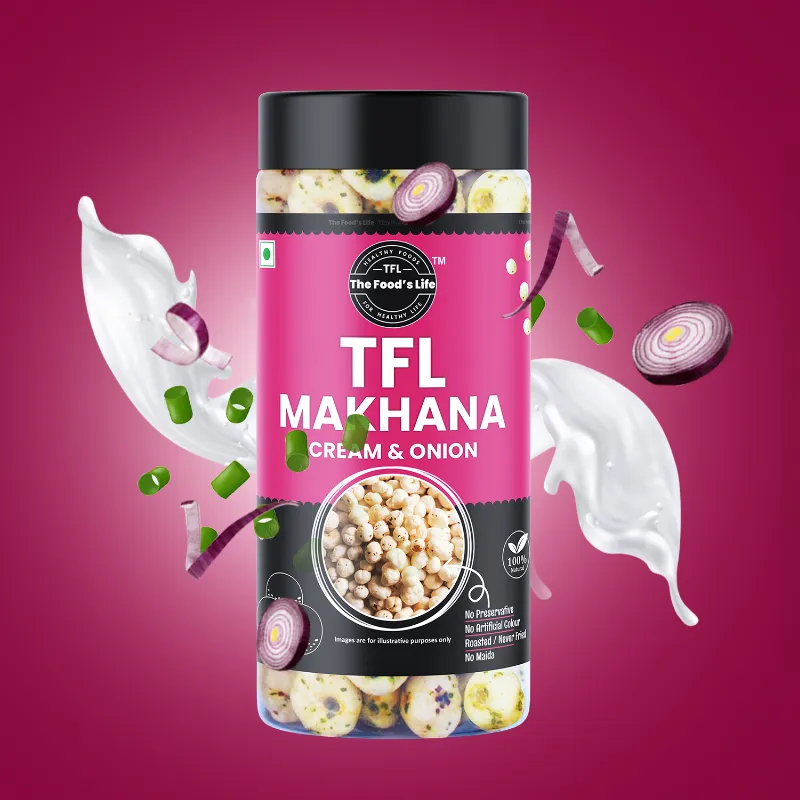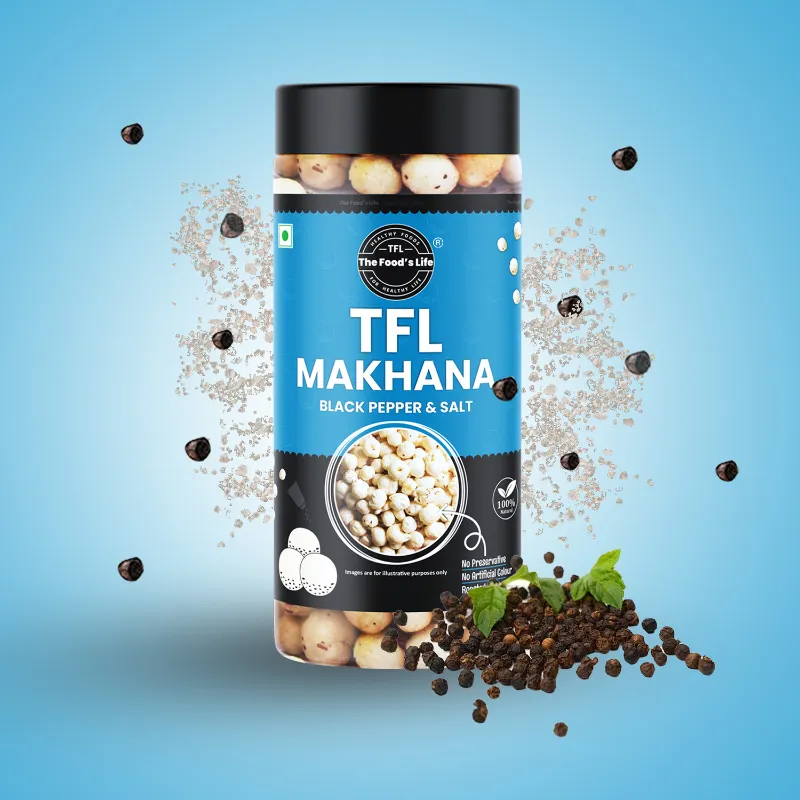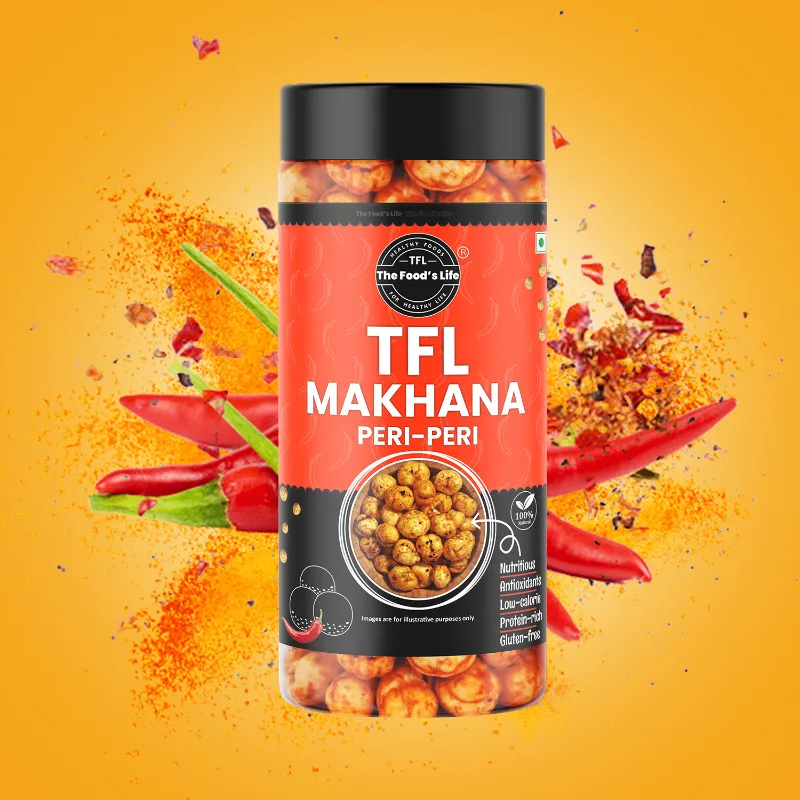Cashews are more than just a tasty snack; they’re a powerhouse of nutrients that can positively impact your health, especially heart health.
What Makes Cashews Heart-Healthy?
Cashews are rich in monounsaturated and polyunsaturated fats, which are often referred to as "good fats." These fats are essential for heart health because they can help lower bad cholesterol (LDL) levels and maintain good cholesterol (HDL) levels. Unlike saturated fats found in animal products, these healthy fats can reduce the risk of heart disease by improving lipid profiles and promoting proper blood circulation.
Additionally, cashews contain a variety of vitamins and minerals that contribute to cardiovascular health. Magnesium, potassium, and copper, for example, play key roles in maintaining healthy blood pressure and preventing heart-related issues. By incorporating cashews into your diet, you're not only enjoying a delicious snack but also providing your body with the necessary nutrients to support heart function.
Cashews and Cholesterol Levels
Heart disease is often linked to high cholesterol, especially high levels of LDL cholesterol, which can clog arteries and lead to heart attacks or strokes. Cashews have been shown to have a beneficial effect on cholesterol levels. The healthy fats in cashews can help reduce LDL cholesterol while boosting HDL cholesterol, which helps clear out LDL from the bloodstream.
Studies suggest that including nuts like cashews in a balanced diet can reduce the risk of heart disease. A study published in the "American Journal of Clinical Nutrition" found that consuming nuts, including cashews, was associated with lower levels of LDL cholesterol, which is a major contributor to heart disease. Cashews, being rich in antioxidants, help fight oxidative stress, further reducing the risk of heart disease by protecting blood vessels from damage.
Cashews and Blood Pressure Control
Maintaining healthy blood pressure is another important factor in heart health. High blood pressure can damage the heart over time, leading to a higher risk of cardiovascular diseases. Cashews are an excellent source of potassium, a mineral that helps balance sodium levels in the body and regulates blood pressure.
The potassium content in cashews helps dilate blood vessels, improving blood flow and reducing strain on the heart. This is particularly important for people who suffer from hypertension (high blood pressure), as managing blood pressure is essential for reducing the risk of heart attack, stroke, and other cardiovascular problems.
Cashews and Their Antioxidant Properties
Oxidative stress occurs when the body produces too many free radicals, leading to inflammation and damage to cells, including those in the heart. Antioxidants are compounds that help neutralize free radicals and prevent oxidative damage. Cashews are rich in antioxidants, such as vitamin E and certain flavonoids, which help protect the body from oxidative stress.
These antioxidants not only benefit heart health but also help reduce inflammation in the body. Chronic inflammation is another contributor to heart disease, as it can lead to the buildup of plaque in the arteries. By eating cashews, you're providing your body with a natural defense against both oxidative stress and inflammation.
How to Incorporate Cashews Into Your Diet
One of the best things about cashews is their versatility in cooking and snacking. You can enjoy cashews in many different ways, whether as a snack, added to meals, or incorporated into recipes. Here are some easy ways to include cashews in your diet for heart health:
- As a snack: Cashews are perfect for on-the-go snacking. You can enjoy them raw or roasted, and they make a great addition to trail mix or a healthy snack bowl.
- In salads: Add a handful of cashews to your salad for a crunchy texture and a boost of heart-healthy fats.
- In smoothies: Blend cashews into your smoothie for a creamy texture and added nutrients.
- In cooking: Use cashews in stir-fries, curries, or as a topping for roasted vegetables. Their mild flavor complements both savory and sweet dishes.
Cashews and Weight Management
Although cashews are calorie-dense, they can be a great part of a weight management plan when eaten in moderation. The healthy fats and protein in cashews help keep you feeling full and satisfied, reducing the likelihood of overeating. Cashews can also improve your metabolism, making it easier for your body to burn fat efficiently.
When trying to lose or maintain weight, it's important to focus on nutrient-dense foods like cashews, which provide essential vitamins and minerals while offering a satisfying snack. Pairing cashews with fruits, vegetables, or whole grains will help create a balanced, heart-healthy meal.
The Foods Life and Heart Health
At The Foods Life, we are passionate about promoting heart health through quality nutrition. Our premium cashew products are carefully sourced to ensure that you’re getting the highest quality nuts, packed with nutrients to support your cardiovascular system. We believe that snacking on heart-healthy cashews should be both delicious and nutritious, so you can enjoy every bite while taking care of your body.
By incorporating The Foods Life cashews into your daily diet, you’re making a simple but effective choice to prioritize your heart health. Whether you add them to your salads, snacks, or smoothies, our cashews are an easy and flavorful way to support your wellness goals.
Conclusion
Cashews offer an array of health benefits, particularly when it comes to supporting heart health. Their rich content of healthy fats, essential minerals like potassium and magnesium, and antioxidants make them a great addition to any heart-healthy diet. By reducing bad cholesterol, managing blood pressure, and fighting inflammation, cashews contribute to overall cardiovascular well-being. So, the next time you reach for a snack, consider choosing The Foods Life cashews – a tasty, nutrient-packed option that’s not only good for your heart but for your overall health as well.






